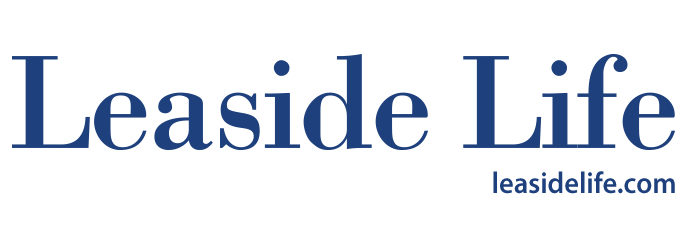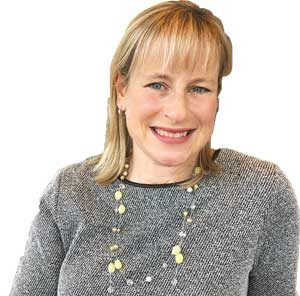With the confirmation of unmarked graves of Indigenous children at residential school sites across Canada, the trauma inflicted by the residential school system upon Indigenous communities must remain at the forefront of our societal conscience. For those of us in education, these discoveries cement our responsibility to the families we have been entrusted to serve as well as our absolute duty to ensure that our schools serve as places, not only of safety, but also of joy, growth, warmth and inclusivity.
At the TDSB, Indigenous education is steeped in a commitment to fulfill the Truth and Reconciliation Commission of Canada’s “Calls to Action.” Guided by a Council of Elders and our Urban Indigenous Community Advisory Committee (UICAC), the TDSB has been working with York University to support the development of Indigenous educators, who are crucial to the provision of authentic and appropriate Indigenous education and curriculum.
Since assuming office as trustee for Ward 11, I have noted a growing commitment to Indigenous education in our local schools. Educators have been moving away from individual classes, one-off events, and history lessons, and are now developing a school-wide, holistic approach to Indigenous education. For example, Northlea has added Indigenous education as a fourth pillar to their School Improvement Plan. To provide a foundation for this work, Northlea has been consulting with TDSB’s Urban Indigenous Education Centre (otherwise known as UIEC) and the Good Minds bookstore. School staff have been evaluating their practices and resources, and reflecting upon which pedagogical options will best move Truth and Reconciliation forward.
Based on recommendations from the UIEC, Northlea is inviting Indigenous community leaders to develop a year-long program to support rich learning opportunities for Northlea students in the 2021-2022 school year. In addition, Northlea has a number of staff participating in professional development with Natural Curiosity, an organization focused on education through an outdoor, land-based framework, and a leader across Canada in environmental education for all ages informed by Indigenous Ways of Knowing.
Northlea is also collaborating with its secondary school partner, Leaside High School. The two schools have pooled funds to purchase the Giant Indigenous Peoples’ Land Map for the schools to share. As Northlea Principal Barbara Sandler told me, “Leaside is a fabulous partner, doing excellent work. We look forward to co-learning using this resource.”
This budding partnership is significant, especially since LHS is quickly developing as a leader in Indigenous education. Last September, Michael Griesz was appointed principal of LHS. Before his appointment, Griesz was a centrally-assigned vice-principal at UIEC Kâpapâmahchakwêw Wandering Spirit School, a position that enriched his understanding of the importance of Indigenous education.
In just this past (not to mention, pandemic) year at LHS, Griesz and his staff, in partnership with the UIEC, have made important inroads. They have revised the school’s Land Acknowledgement to be locale-specific, arranged for the Land Acknowledgement to be posted in the school’s main hall, and are having it designed by a local Indigenous artist. They have also spearheaded an Indigenous Education Committee, with over one-quarter of LHS staff as members; encouraged staff to obtain an FNMI AQ (certification), with 10 staff achieving this goal by Aug. 2021; coordinated one-half PD days for staff to inspire exploration of various entry points to further their teaching on Indigenous ways of knowing; worked with LHS School Council to host keynote speaker Elder Dr. Duke Redbird, with more than 400 students, staff, and parents/caregivers attending; and partnered with local feeder schools and interested secondary schools to further their learning for 2021-2022.
While there is still much to be done to fulfill the Calls to Action, our local educators are taking this commitment seriously. As Principal Sandler reflected after inviting families to place shoes on the steps of Northlea in June in memory of the lives lost to the residential school system, “We hope that our day-to-day work represents our commitment to honour the memory of those impacted by the residential school system and empowers our students to actualize truth and reconciliation.” All of us in the TDSB community will need to do more with respect to Indigenous education in our schools, always keeping in mind the paramount importance of centering indigenous voice and perspective in this work, and embodied in the tenet, “nothing about us, without us.”


